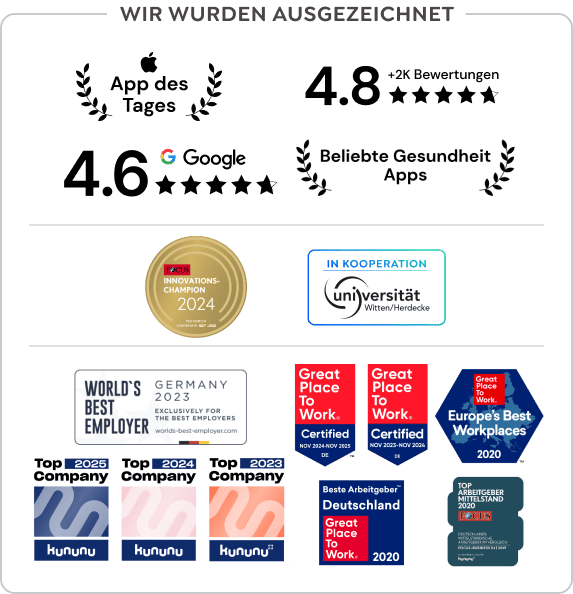| Refresh | This website greator.com/en/monika-matschnig-impact-competence-2/ is currently offline. Cloudflare's Always Online™ shows a snapshot of this web page from the Internet Archive's Wayback Machine. To check for the live version, click Refresh. |

Imagine you greet someone and shake their hand. What does your hand position look like? If the back of your hand is facing up, you are the boss. If it's facing down, your counterpart is most likely the dominant part. The exciting thing about knowing body language is that you can use it to greatly increase your effectiveness. - that's what Monika Matschnig says.
The Coach knows: "Many body language experts claim that changing the body language or the effect of a person does not work. No wonder, if these experts only tell you what you shouldn't do: Don't cross your arms, don't stand so stiff, don't move your hands so much! But when you just tell people what not to do, they just put their focus on their posture, gestures and facial expressions. That doesn't work."
But what works? Monika Matschnig: "The point is to tell people what to do instead - and to do it in a way that suits their personality type." Of course, there is no patent remedy or ten-point plan. After all, little quirks and habits creep up on everyone over time. The good news is: Everything you've learned, you can change again.
Most people always focus on what they are going to say. Only very few put their focus on how they are going to say something. Monika Matschnig: "But the how is much more decisive than the so-called what. I can offer the best products or services or have the best professional skills - if I don't manage to come across as good, then I won't be heard."
But let's be honest: How often do we experience such monotonous performances by bosses? And precisely these bosses then expect their employees to be motivated. Of course, that doesn't work. Nor does it work if the speaker is nervous. Monika Matschnig: "Then there are two possible reactions from the audience. Firstly, the audience develops a tendency to flee and just wants to leave. Or secondly, they develop aggression towards the speaker."
But how can you do it better? Monika Matschnig: "You always believe the body, never the word. Effectiveness has overtaken expertise. It is a misconception that we can still believe that the matter is in the foreground. There's no doubt that numbers, dates and facts are important - the so-called content. But if you just give numbers, dates and facts, it goes in one ear and out the other."
So the art is to wrap important content in pictures. You can reach people best if you speak in pictures, use personal stories or examples - and above all if you underline what you say with your body and put emotions into it. You should practice this over and over again, because impact competence is the quality criterion of the future.
But how do you improve your impact competence in concrete terms? Monika Matschnig: "The first point is to stand correctly. That sounds banal, because we stand every day. But have you ever asked yourself what an optimal starting position is? It's simple: stand with both feet firmly on the ground. Build up energy in your body. And now transport this energy!
Your hands are just as important. Notice where your hands usually are when you're talking to the person you're talking to? Are you even aware of this? Monika Matschnig: "We often focus on the gestures of others, but overlook the fact that we are the reason our counterpart reacts in a certain way." The next time you find yourself shooting your counterpart down with your fingers, turn those fingers into open palms. You'll realize that just by doing this little Change react much more positively.
In conclusion, Monika Matschnig comes to the following point: "There are 6,000 different languages in this world. But there is only one language that connects all of humanity. And that is body language."



